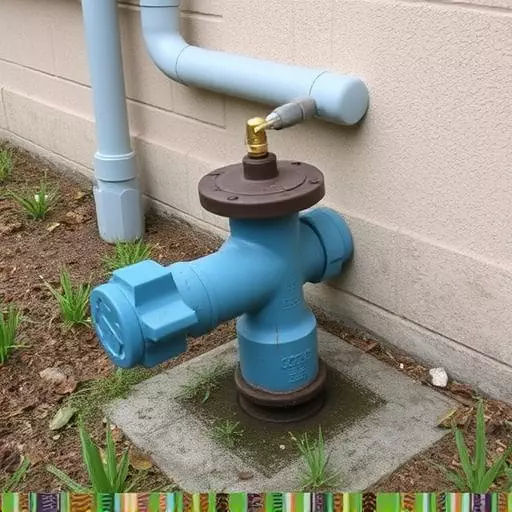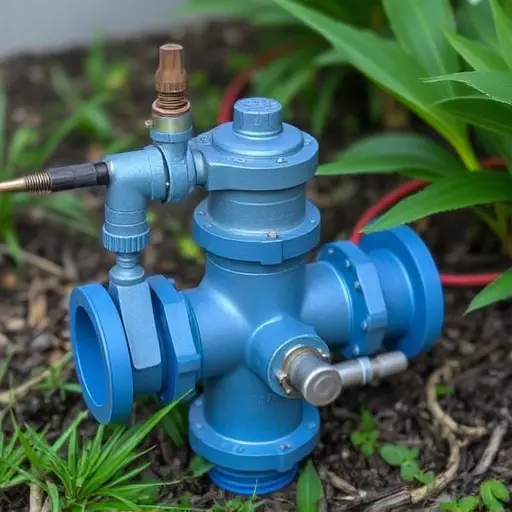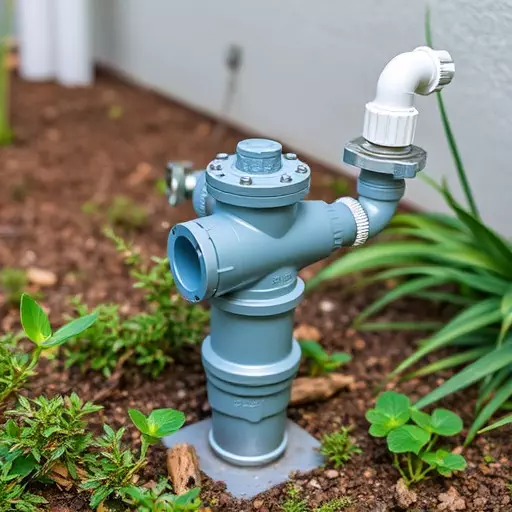Backflow in chemical plants poses significant safety risks due to hazardous material reversals. Commercial, residential, and irrigation backflow preventer installations are crucial for protecting water quality, preventing cross-contamination, and ensuring the integrity of chemical processing systems. Jacksonville facilities require robust solutions to safeguard against liquid or gas backflow, with devices designed to handle high pressures and volumes. Proper installation and regular maintenance of these devices are essential for maintaining safety, operational integrity, and compliance with local regulations in chemical plants, residential areas, and agricultural settings.
In the dynamic landscape of chemical manufacturing, understanding and mitigating backflow is paramount. This article delves into the critical role of backflow prevention devices in safeguarding chemical plants from potential hazards. We explore two key types: commercial and residential backflow preventers, along with specialized irrigation models. From installation best practices to the latest technologies, this guide offers essential insights for professionals in Jacksonville seeking robust protection against backflow incidents in diverse settings.
- Understanding Backflow and Its Dangers in Chemical Plants
- The Role of Commercial, Residential, and Irrigation Backflow Preventers
- Installation Process and Best Practices for Effective Protection
Understanding Backflow and Its Dangers in Chemical Plants
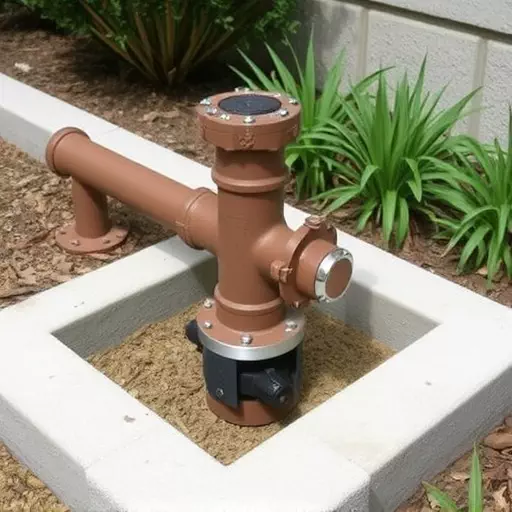
Backflow in chemical plants is a significant concern due to the potential for hazardous materials to flow backwards through pipelines, posing severe risks to both personnel and the environment. This phenomenon occurs when fluids or gases move against the normal direction of flow, often caused by changes in pressure or cross-connection between potable water and contaminated systems. In industrial settings, it’s not just about maintaining water quality; it’s about preventing accidents that could lead to devastating spills or even explosions.
Chemical plants require robust backflow prevention mechanisms, especially when dealing with irrigation systems or residential areas nearby. A commercial backflow preventer installation in Jacksonville or anywhere is a critical step towards ensuring safety. These devices stop the backward flow of contaminants, protecting the main water supply and ensuring the integrity of the chemical processing systems. Both residential and irrigation backflow preventer installations play a vital role in minimizing risks associated with cross-contamination, making them essential components for any chemical plant’s safety infrastructure.
The Role of Commercial, Residential, and Irrigation Backflow Preventers
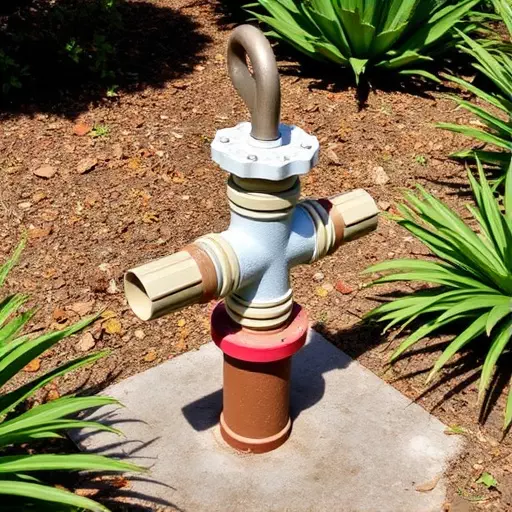
Backflow prevention devices are critical components in any chemical plant’s safety infrastructure. Among the various types, commercial, residential, and irrigation backflow preventers play distinct yet equally important roles. Commercial backflow preventer installation Jacksonville-based facilities require robust solutions to safeguard against hazardous liquid or gas backflow from potentially contaminating potable water sources. These commercial devices are designed to withstand high pressures and volumes, ensuring the integrity of the main supply lines.
In residential settings, backflow preventers act as a shield, protecting household plumbing from toxic substances that might flow back from external sources. Similarly, irrigation backflow preventer installation is vital for agricultural operations to maintain water quality. By preventing pollutants and chemicals from entering potable water systems, these devices safeguard both public health and the environment, underscoring their indispensable role in chemical plant operations and beyond.
Installation Process and Best Practices for Effective Protection
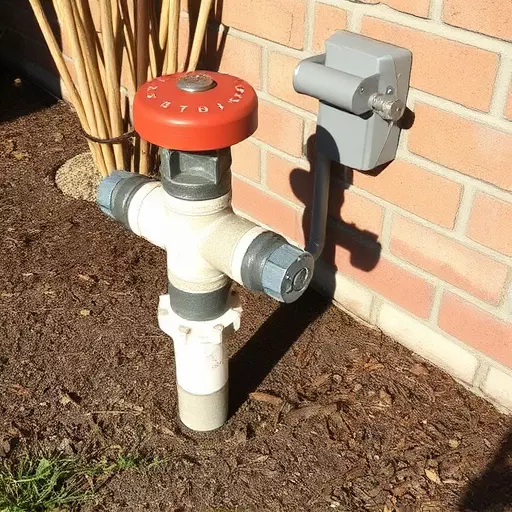
Backflow prevention devices are essential components in any chemical processing plant or facility to ensure the safety and integrity of their operations. The installation process for these devices involves careful consideration and adherence to best practices. For commercial backflow preventer installation Jacksonville-based professionals recommend a systematic approach, starting with thorough assessments of pipe systems and potential hazards. This includes identifying all possible sources of contamination and the specific needs of the facility.
Effective protection requires the selection of the right backflow preventers for each application, whether it’s for residential or irrigation backflow preventer installation. These devices should be installed at strategic points to prevent any unwanted flow of contaminated water backward into clean supply lines. Regular maintenance and testing are key best practices; ensuring these preventers remain functional and reliable over time. By following these guidelines, chemical plants can effectively safeguard their operations and comply with local regulations.
